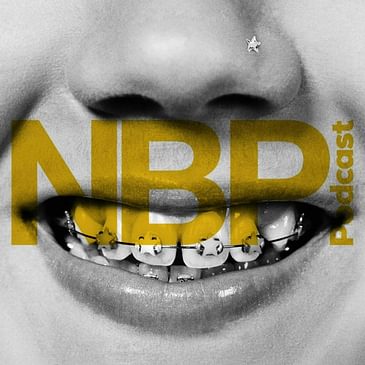SIGN UP FOR REGAL UNLIMITED W/ PROMO CODE - REGALNBP24 - https://regmovies.onelink.me/4207629222/q4j9urzs
Documentarians Jesse Moss and Amanda McBaine struck gold with their 2020 film "Boys State," winning both the Documentary Competition Grand Jury Prize at Sundance and an Emmy award. Showcasing a long-running program in which teen boys create and run a state government, the film highlighted the future of political discourse in America in scary and inspiring ways. So the natural next question became, "What about Girls State?" "Girls State" directors Jesse Moss and Amanda McBaine were kind enough to spend a few minutes speaking with about capturing the unique experience on film and how unbelievable real-world issues impacted the shoot. Please be sure to check out the film, which is now available to stream on Apple TV+. Thank you, and enjoy!
Check out more on NextBestPicture.com
Please subscribe on...
SoundCloud - https://soundcloud.com/nextbestpicturepodcast
Apple Podcasts - https://itunes.apple.com/us/podcast/negs-best-film-podcast/id1087678387?mt=2
Spotify - https://open.spotify.com/show/7IMIzpYehTqeUa1d9EC4jT
YouTube - https://www.youtube.com/channel/UCWA7KiotcWmHiYYy6wJqwOw
And be sure to help support us on Patreon for as little as $1 a month at https://www.patreon.com/NextBestPicture
Learn more about your ad choices. Visit megaphone.fm/adchoices


